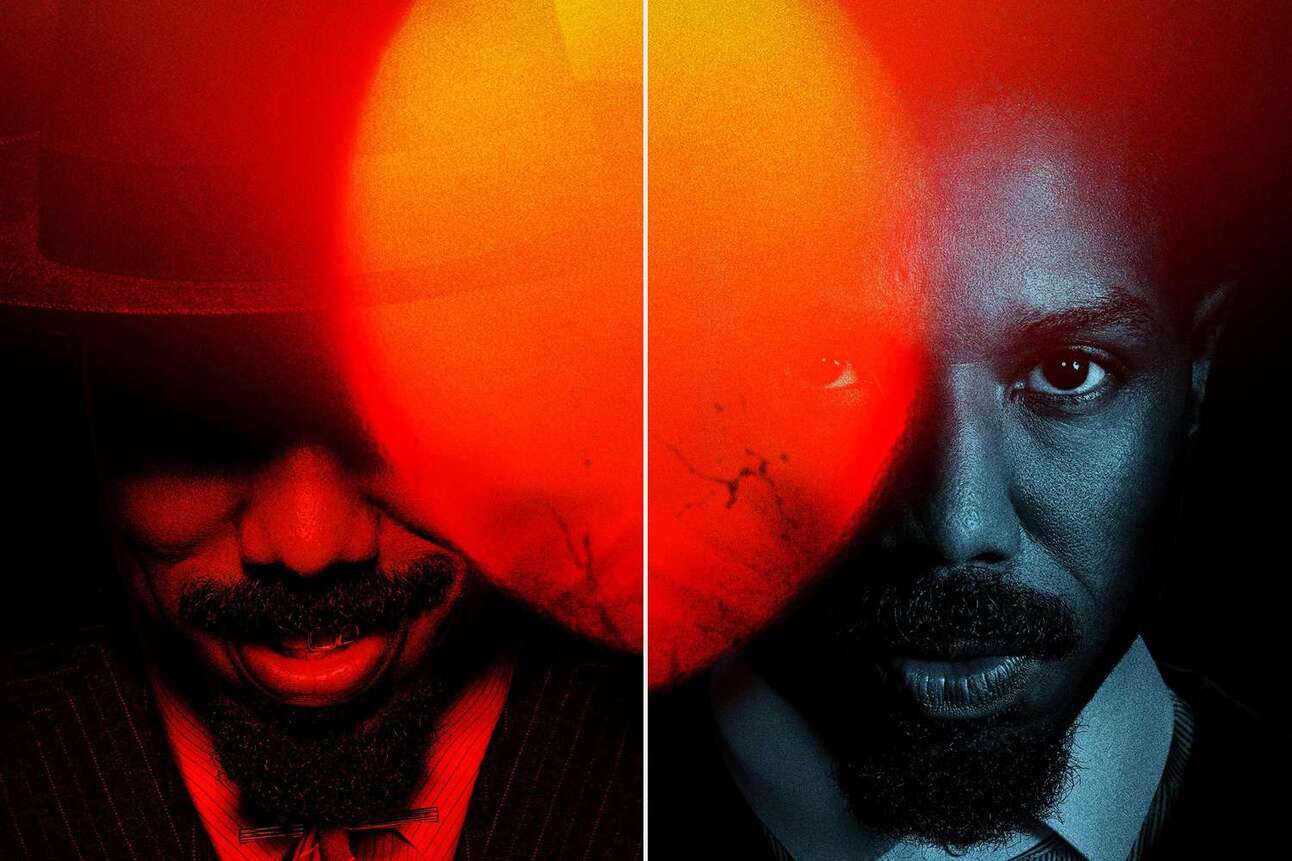
Romans 6:20
[20] For when you were slaves of sin, you were free from allegiance to righteousness.
What does freedom look like?
How do you know it when you obtain it?
Sinners possess these questions from various angles. The film opens as a young man, visibly having just endured some traumatic event, bursts into a small church in rural Mississippi circa 1932, filled with parishioners dressed in all white. As he staggers towards the altar, clutching the neck of a broken guitar, the preacher, who is also his father, proclaims his son has returned. The young man, speechless, slowly limps closer to his father. His father triumphantly declares his son has left the temptation of sin and is free from its grasp. He embraces his son in an attempt to comfort him telling him to let it go. The camera cuts to a close-up of the son's hand still tightly clenched around the broken guitar.
Ryan Coogler's latest film takes its place among the trend of Black horror movies, yet achieves what others have either failed to or ignored. He elevates the genre with nuance and thoughtfulness that is becoming an expectation of his work. First, I must address the care that was taken to technically make this movie. Coogler’s use of wide-format film is an excellent choice and helps provide a palette that allows increased depth and range of color to showcase the intentional diversity in skin tones among the cast. Secondly, making this movie available in multiple formats to provide as many viewing options as possible signals a level of care for the art of storytelling that is sometimes lost in our age of streaming. Understanding how a film is viewed can be just as critical as the performance of the actors on screen.
Michael B. Jordan leads a cast that delivers a thought-provoking take on the vampire genre. While the film's protagonists, Smoke and Stake, both played by Jordan, are returning home to the South, disillusioned by the realities of the North that confronted them. They seek to build a place where Black people can feel free. They do this by opening a juke joint. Delroy Lindo gives an amazing performance in his role as Slim, while newcomer Miles Caton rightfully holds his own amongst this veteran cast.
The film contrasts the perception of what freedom looks like with how one actually obtains it. Blacks living under Jim Crow had mothers and grandpas, aunties, and cousins who were born under the dark cloud of slavery. Many had tasted and seen what freedom could be. But despite a constitutional amendment and a Civil War, freedom remained an elusive state for our people.
Is the ability to come and go as you please constitute freedom? Or to not be beholden to another solely due to the color of your skin, does that equate to freedom? Does earning a sustainable living on your own bestow freedom to a person? Sadly, the issues plaguing the characters of this film are just as relevant today. On a deeper level, what does one do with the sins of their past? How do you free yourself from guilt, shame, or regrets for events beyond your control? Sinners addresses these layered issues within the context of a horror film. Rarely can you feel the suspense of waiting for the villain's next victim to shockingly die while pondering if your own path in life is allowing you to live truly free and what lengths you would go to obtain that freedom. We all have sinned, but the challenge of getting free from it is humanity's oldest dilemma.